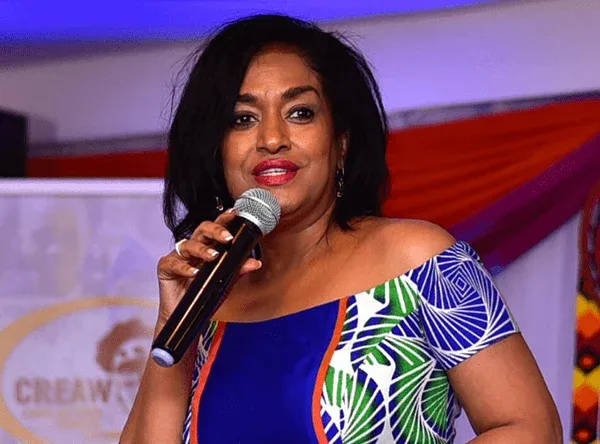According to the United Nation’s resolution 1325, there is a need to protect and promote the rights of women to participate in the electoral process. This right is not confined to voting but also includes the free of expression and the right to vie for any political seat and to hold public offices in all levels of government.
The Kenyan constitution indicates that women must make up one-third of elected and appointed politicians. But when Kenyans went to the polls on August 9 to elect a new president and parliament, there were not many female candidates to choose from. Out of more than 16,000 political aspirants, less than 2,000 were women.
Part of the reason for this state of affairs is the fact that women who participate in elective politics are often faced with Gender Based Violence from their male counterparts as a means of discouraging them from vying. Sadly, electoral violence in Kenya has been a pre-dominant feature since the introduction of multi-party politics in the early 90’s. This violence can take many forms including verbal attacks, assault, cyber bullying and even rape.
However, the violence that occurred in 2007/08 remains the worst that this country has ever witnessed. With over 900 cases of sexual violence being reported during this period with women being the prime targets.
During the violence following the 2017 election, sexual violence against women and girls was widespread, this is according to the Kenya Human Rights Commission (KHRC), which documented 201 cases of election-related sexual and gender-based violence.
The threat of sexual violence remains the biggest barrier to women participating in the electoral process and as such ascending into leadership. Female candidates together with their supporters have been targets of various forms of violence and discrimination by their male counterparts in order to stop their political ambitions.
In the run up to the 2017 elections Nyeri senator aspirant Sheila Githaiga was attacked by more than 30 men armed with batons and machetes. According to her, the violence was arranged with an aim of pushing her out of the race through threats and bullying. An MCA aspirant Caroline Wangai claimed that her male rivals were capitalizing on gender issues, spreading notion that women should not be allowed in leadership. Joyce Laboso who won the Governor’s race in Bomet faced snide comments about being married to a guy from a different tribe. Whereas Esther Passaris was held hostage and roughed up by goons at the University of Nairobi.
This year, Liz Njue, a Kenyan psychologist who wanted to stand for a county assembly seat, got attacked by her opponents as she arrived to vote in her party primary. During the attack, they pulled her hair and tore her blouse. She fled without casting her ballot and subsequently lost the race. In as much as she reported the attack to the police, but there were no consequences to the perpetrators.
Mary Mugure, a former sex worker, received threatening phone calls and text messages while running for a county assembly seat this year. She also indicated that in November last year, two men on a motorbike attacked her while she was walking down the street. This was meant to intimidate her in a bid to make her step down. Despite all these challenges, she continued campaigning but lost the nomination.
Other than physical attacks, abusers also utilize use social media in an effort to tear down their female opponents. For example, when Esther Passaris, who is running to retain the Nairobi County women representative seat, posted a tribute to her late father, trolls heaped abuse on her.
According to Kenya Women Parliamentary Association (KEWOPA), women lawmakers had reported more online abuse ahead of the vote, including sexism, misogyny, and humiliating imagery. This included sexualizing and insulting them for doing things like dancing at a political rally, zooming in on a picture of their breasts or legs and body shaming them.
I do believe that this issue of gender based violence against women politicians can be tackled effectively if the government through the Police took firm action against the perpetrators. This is is because in most cases, there are no consequences to the perpetrators which means that they are likely to repeat the violence again. However, if we have a situation where we have one or two people jailed for this offense it will act as a deterrent to other.
Despite facing many hurdles, several women candidates have won in various elective seats. In a first for Kenya, there will be 7 women governors that is Susan Kihika in Nakuru, Gladys Wanga in Homa Bay and Anne Waiguru in Kirinyaga, Wavinya Ndeti in Machakos, Kawira Mwangaza in Meru, Cecily Mbarire in Embu and Fatuma Achani in Kwale. So far there are 2 women Senators Tabitha Karanja in Nakuru and Fatuma Dullo in Isiolo not to mention the 22 women MP’s. This might not be much but it goes to show that Kenya as a country is making steps in the right direction.

